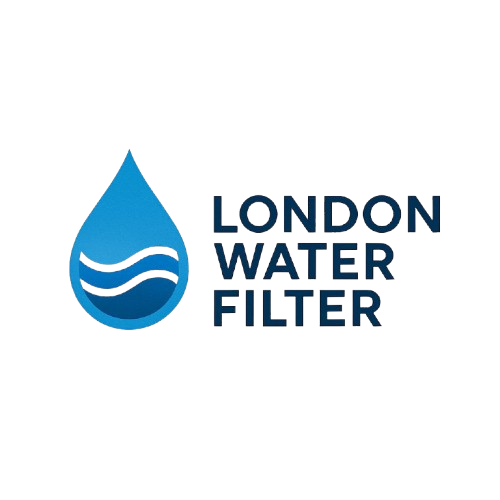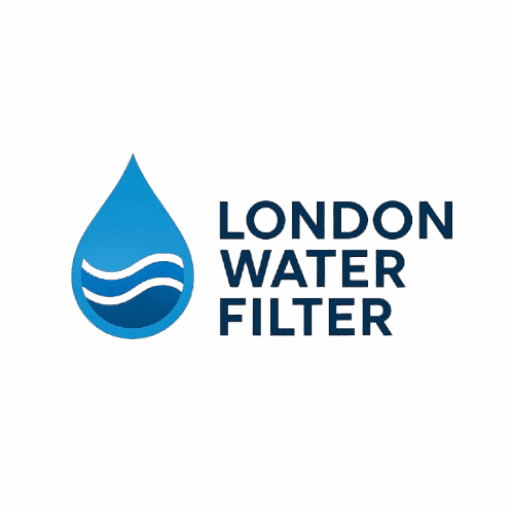Staying hydrated is one of the most important steps for maintaining overall health. The simple answer is that most adults need around 8 cups or 2 liters of water a day, but this amount can change depending on your body weight, physical activity, diet, and age. The National Academies of Sciences suggests about 3.7 liters for men and 2.7 liters for women as an average daily fluid intake, including both foods and beverages. To maintain proper hydration and support your energy levels, performance, and health, you must adjust your daily water intake according to your lifestyle.
Why Water Is Essential for the Body
Water supports almost every function of the human body. It regulates body temperature, keeps blood circulation healthy, improves digestion and urinary health, and maintains energy levels. Proper hydration reduces the risk of constipation, kidney stones, obesity, hyperglycemia, diabetes, and chronic constipation.
Even mild dehydration can affect nutrition absorption, gut health, and performance. Research and medical school studies show that drinking enough water also plays a role in pain relief, skin health, and weight loss. Simply put, adequate hydration is a foundation for healthy people.
How Much Water Should You Drink a Day?
Most people know the “8-ounce glasses a day” rule, which equals about 2 liters. However, the National Academies recommends more:
- Men: about 3.7 liters of total fluids per day
- Women: about 2.7 liters of total fluids per day
This includes plain water, foods, and beverages. NHS and leading medical centers in the UK also support this guidance, but remind people that many factors influence water intake.
Factors That Affect Water Needs
Your daily water needs depend on:
- Body weight – Larger body weight requires higher fluid intake
- Age – Children, adults, and older people have different needs
- Activity level – Endurance athletes, exercise routines, and physical activity increase fluid loss
- Foods and drinks – Fruits, vegetables, tea, and soups provide hydration, while sugary drinks reduce health benefits
- Climate – In London, cool winters reduce sweat loss, but hydration is still key year-round
Because of these many factors, your exact water intake will vary.

Signs of Dehydration and Overhydration
Not drinking enough water can lead to mild dehydration. Signs include:
- Dark urine color
- Fatigue, headaches, dry skin
- Low blood pressure, dizziness, constipation
Severe cases may cause hypohydration and increase the risk of health issues.
Too much water, known as overhydration, may lead to water intoxication or hyponatremia, where low sodium levels in the blood cause nausea, confusion, or weakness. Polydipsia (excessive thirst) may also indicate health concerns. Balance is key.
Benefits of Drinking Enough Water
When you maintain adequate hydration, the benefits are clear:
- Better energy levels and performance
- Support for weight-loss diets and fat loss
- Reduced added sugar from avoiding sugary drinks and sports drinks
- Improved digestion, skin, and overall nutrition
- Lower risk of obesity, diabetes, constipation, and cancer
Studies confirm that plain water is the best choice for daily fluid intake, while beverages with added sugars increase health risks.
Is London Tap Water Safe?
Drinking water in London is considered safe and meets UK standards. However, many households experience issues like chlorine taste, limescale buildup, and microplastics. These reduce the freshness of water and can impact overall health over time.
That’s why many people in London choose filtered water for both safety and taste.
Why You Need a Water Filter in London
Using a water filter at home ensures:
- Removal of chlorine, limescale, bacteria, and microplastics
- Fresher taste that encourages higher daily water intake
- Support for weight loss, hydration status, and overall health
- A safer alternative to bottled water, with no added sugars or environmental waste
If you want to drink more daily water and stay healthier, a home water filter in London is the smart choice.
Explore our water filters in London today and enjoy clean, great-tasting water that keeps you hydrated and healthy.
Hydration Tips to Stay Healthy
- Drink a glass of plain water in the morning and before meals
- Carry a reusable water bottle during work and travel
- Replace sugary drinks with fresh, filtered water
- Add lemon or fruit slices for flavor without added sugar
- Set reminders to meet your daily water intake goals
A water purifier at home makes this easy by ensuring fresh, safe water every day.
FAQs About Daily Water Intake
1. How many glasses of water should adults drink a day?
Most adults need around 8–12 cups (2–3 liters), depending on their body weight, activity level, and foods they consume.
2. Can drinking more water help with weight loss?
Yes, studies show that drinking water before meals supports weight-loss diets, fat loss, and reduced calorie (kcal) intake.
3. What are symptoms of dehydration?
Common symptoms include dark urine, dry mouth, headaches, fatigue, and low blood pressure. Severe cases may need medical care.
4. Can you drink too much water?
Yes, overhydration or water intoxication can cause hyponatremia, which means dangerously low sodium levels in the blood. Balance is essential.
5. Is filtered water better than bottled water in London?
Filtered water is fresher, safer, and more cost-effective. It removes chlorine, microplastics, and limescale, unlike bottled water which may contain added sugars or plastics.
Conclusion
The exact amount of water you need each day depends on many factors like weight, age, activity, and diet, but most adults should aim for at least 8 cups a day. Staying hydrated improves health, energy, and performance, while clean drinking water ensures long-term wellness.
For the best results, choose a water filter in London and enjoy safe, fresh, great-tasting water every day.
Start your journey to better hydration and health with our London water filters today.

